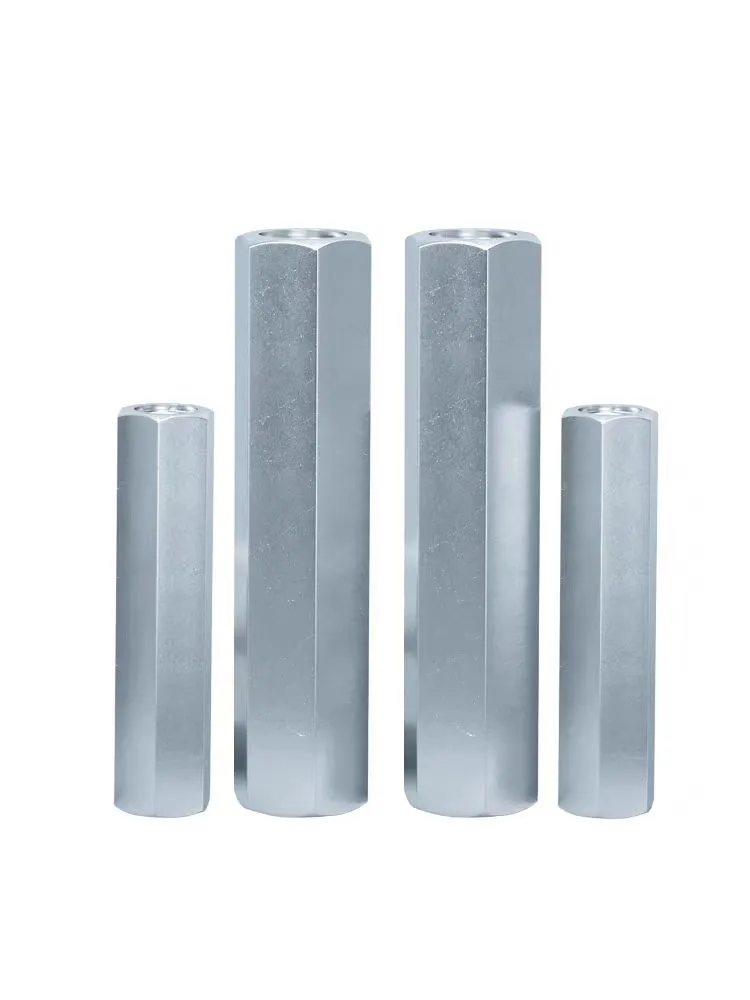

Heavy Metal Washers for Industrial Applications and Strengthening Solutions
Oct . 01, 2024 10:02 Back to list
Heavy Metal Washers for Industrial Applications and Strengthening Solutions
Heavy Metal Washers An Overview
When it comes to industrial applications, the term heavy metal washers may conjure up various images depending on the context. In the realm of manufacturing, construction, and engineering, washers are small, flat discs used to distribute the load of a threaded fastener, such as a bolt or nut. However, in this article, we will explore the specific category of heavy metal washers, their materials, applications, benefits, and some considerations for their use.
Understanding Heavy Metal Washers
Heavy metal washers are typically constructed from durable materials such as steel, stainless steel, bronze, and other metallic compounds that provide superior strength and resistance to corrosion. Unlike standard washers made of lighter materials, heavy metal washers are designed to endure high loads and extreme conditions, making them ideal for use in heavy-duty applications.
The term heavy metal in this context does not refer to the toxic elements often found in the environment but rather denotes a category of materials that possess higher density and strength. These washers are essential in applications where the risk of deformation, wear, or failure is significant.
Applications of Heavy Metal Washers
Heavy metal washers find extensive use across a variety of industries. Some common applications include
1. Construction In construction, heavy metal washers are utilized to secure structural components, ensuring stability and safety. They are commonly found in bolted connections for steel beams, bridges, and buildings.
2. Automotive The automotive industry relies on heavy metal washers to enhance the durability of assembled parts, particularly in high-stress areas such as the engine and suspension systems.
3. Manufacturing In manufacturing environments, heavy metal washers are used in machinery and equipment that operate under high loads and vibration. They play a crucial role in maintaining the integrity of the assembly.
4. Aerospace The aerospace industry uses heavy metal washers in assembling aircraft components, where the weight, strength, and safety standards are critical. These washers are designed to withstand extreme pressures and temperatures.
Benefits of Using Heavy Metal Washers
heavy metal washers

1. Load Distribution Heavy metal washers excel at distributing the load of fasteners evenly across a surface, reducing the risk of damage to the material being fastened. This characteristic is crucial for ensuring the longevity and reliability of connections in heavy-duty applications.
2. Corrosion Resistance Many heavy metal washers are manufactured from stainless steel or coated with protective finishes to resist corrosion. This property makes them suitable for use in challenging environments, including marine and chemical processing applications.
3. High Strength The inherent strength of heavy metal washers allows them to withstand significant pressure and heavy loads, making them ideal for applications where failure is not an option.
4. Stability Heavy metal washers can provide greater stability and help prevent loosening due to vibrations or dynamic loads, which is particularly important in critical applications.
Considerations for Use
While heavy metal washers offer numerous advantages, there are some considerations to keep in mind when selecting and using them
1. Weight Due to their construction material, heavy metal washers are significantly heavier than standard washers. This can be a factor in weight-sensitive applications, such as aerospace or automotive components.
2. Cost The materials used in heavy metal washers can make them more expensive than their lighter counterparts. Therefore, it is essential to balance performance requirements with budget constraints.
3. Installation The installation of heavy metal washers may require specialized tools and techniques to ensure proper torque and load distribution. It is crucial to follow manufacturer guidelines to prevent issues during assembly.
Conclusion
Heavy metal washers play an indispensable role in various industries where strength, stability, and durability are paramount. Their ability to distribute loads, resist corrosion, and withstand extreme conditions makes them a reliable choice for heavy-duty applications. However, careful consideration of weight, cost, and installation methods is essential for optimal performance. As the demand for robust and reliable fastening solutions continues to grow, heavy metal washers will remain a crucial component in the engineering and manufacturing landscape. Whether for construction, automotive, or aerospace, these washers exemplify quality and engineering excellence in a world that increasingly requires resilience and reliability.
Latest news
-
High-Strength Hot-Dip Galvanized Bolts-Hebei Longze|Corrosion Resistance&High Strength
NewsJul.30,2025
-
Hot Dip Galvanized Bolts-Hebei Longze|Corrosion Resistance&High Strength
NewsJul.30,2025
-
Hot Dip Galvanized Bolts - Hebei Longze | Corrosion Resistance, High Strength
NewsJul.30,2025
-
High-Strength Hot Dip Galvanized Bolts-Hebei Longze|Corrosion Resistance, Grade 8.8
NewsJul.30,2025
-
Hot Dip Galvanized Bolts-Hebei Longze|Corrosion Resistance,High Strength
NewsJul.29,2025
-
High-Strength Hot Dip Galvanized Bolts - Hebei Longze Metal Products Manufacturing Co., Ltd.|corrosion resistance&high strength
NewsJul.29,2025

